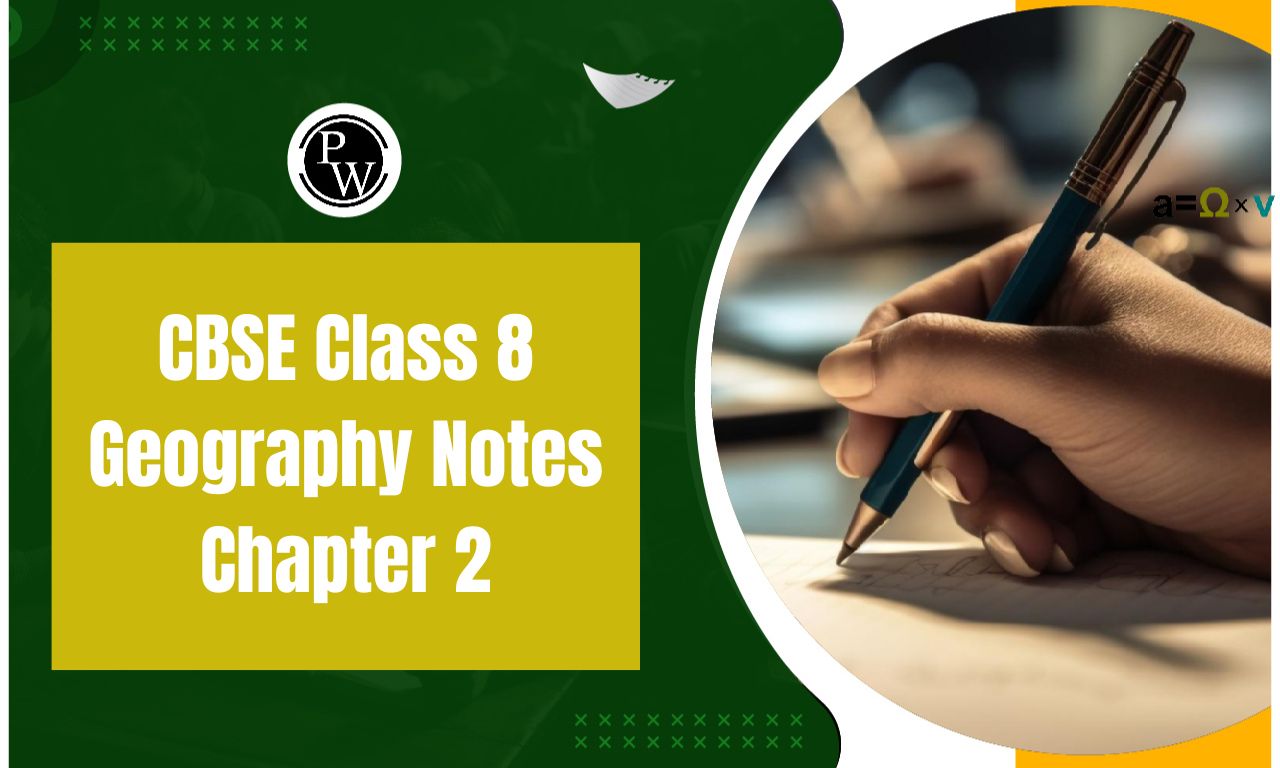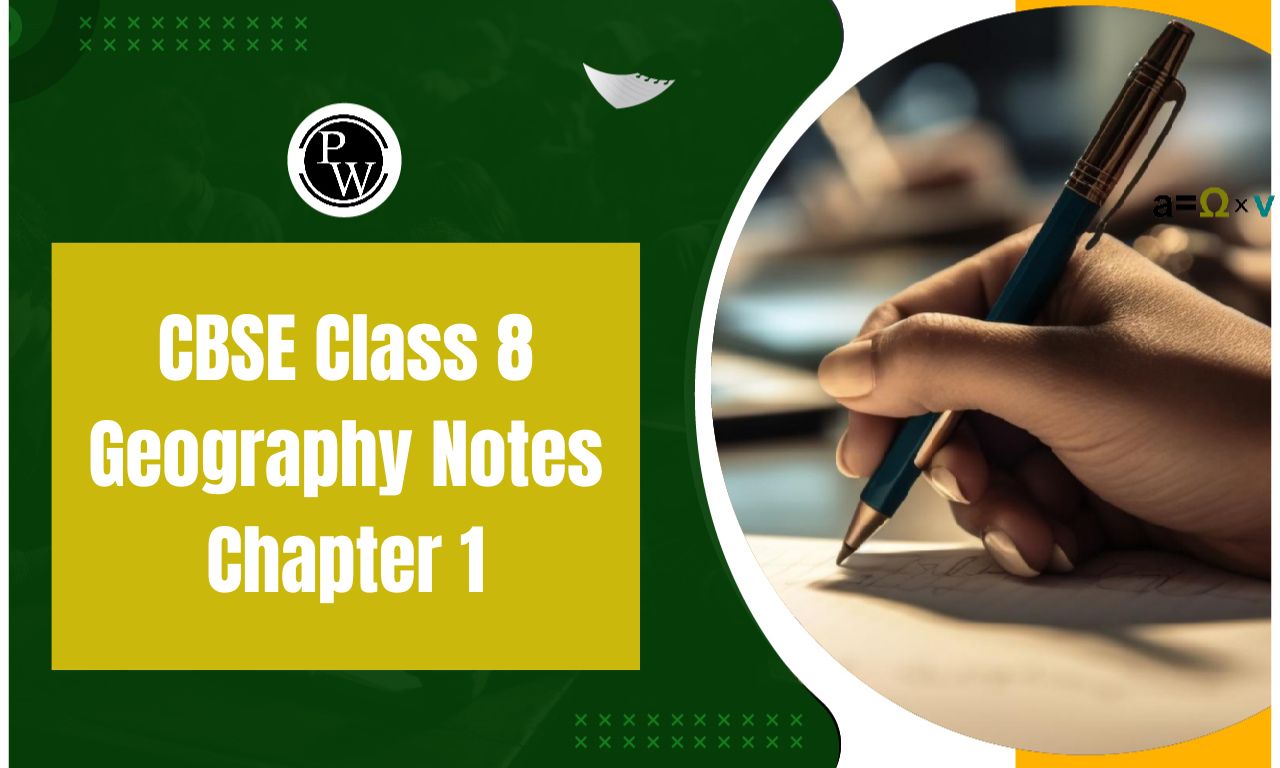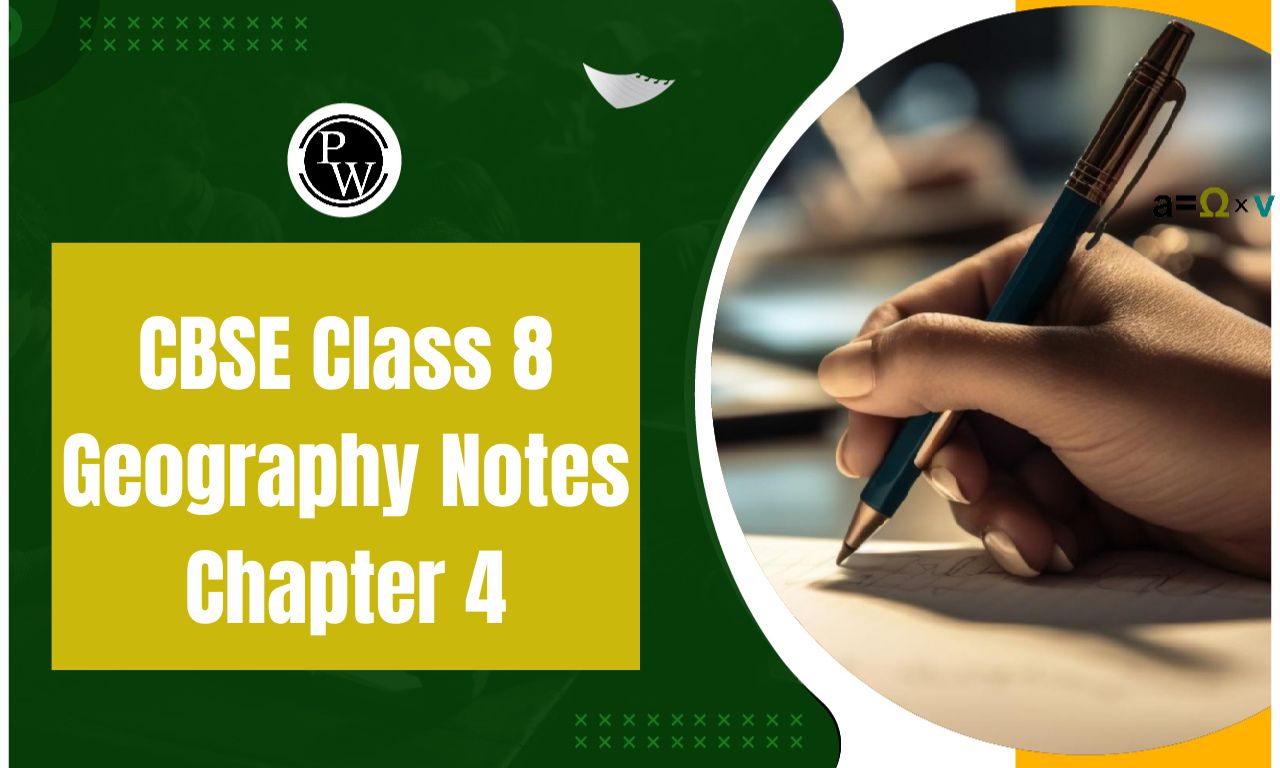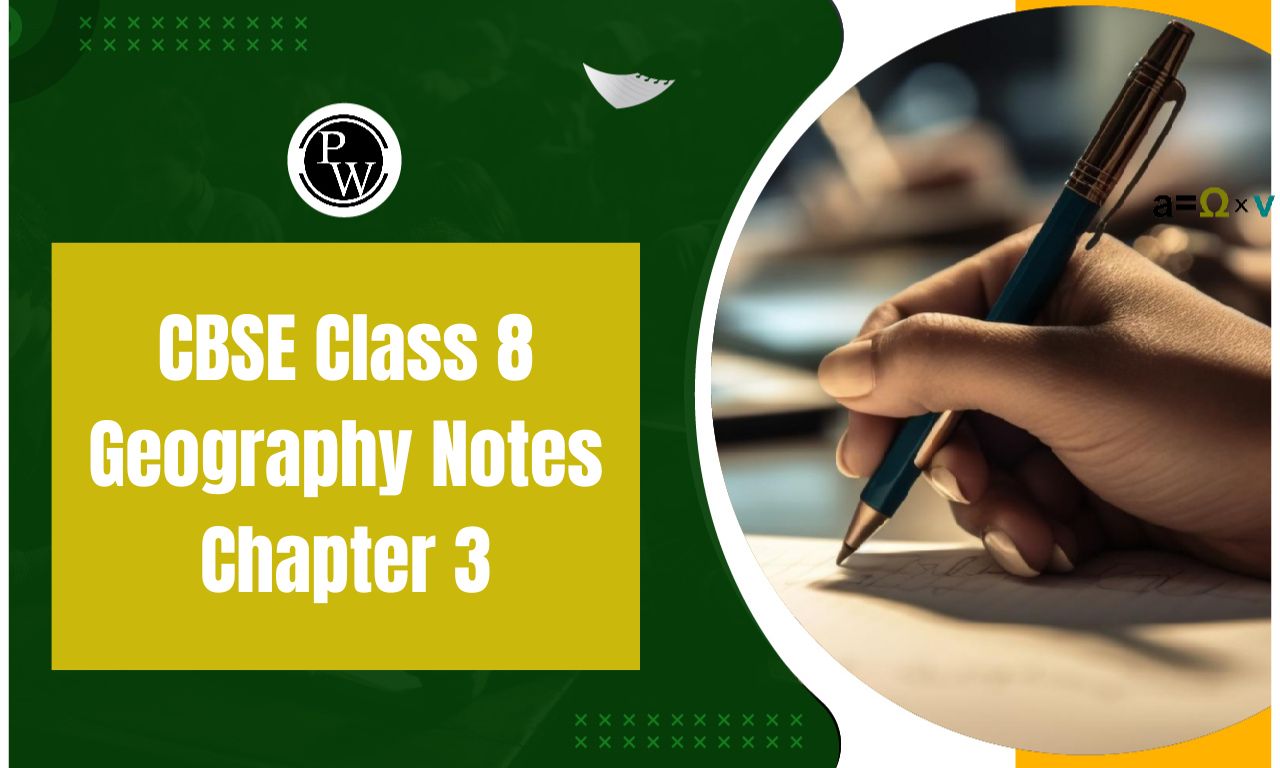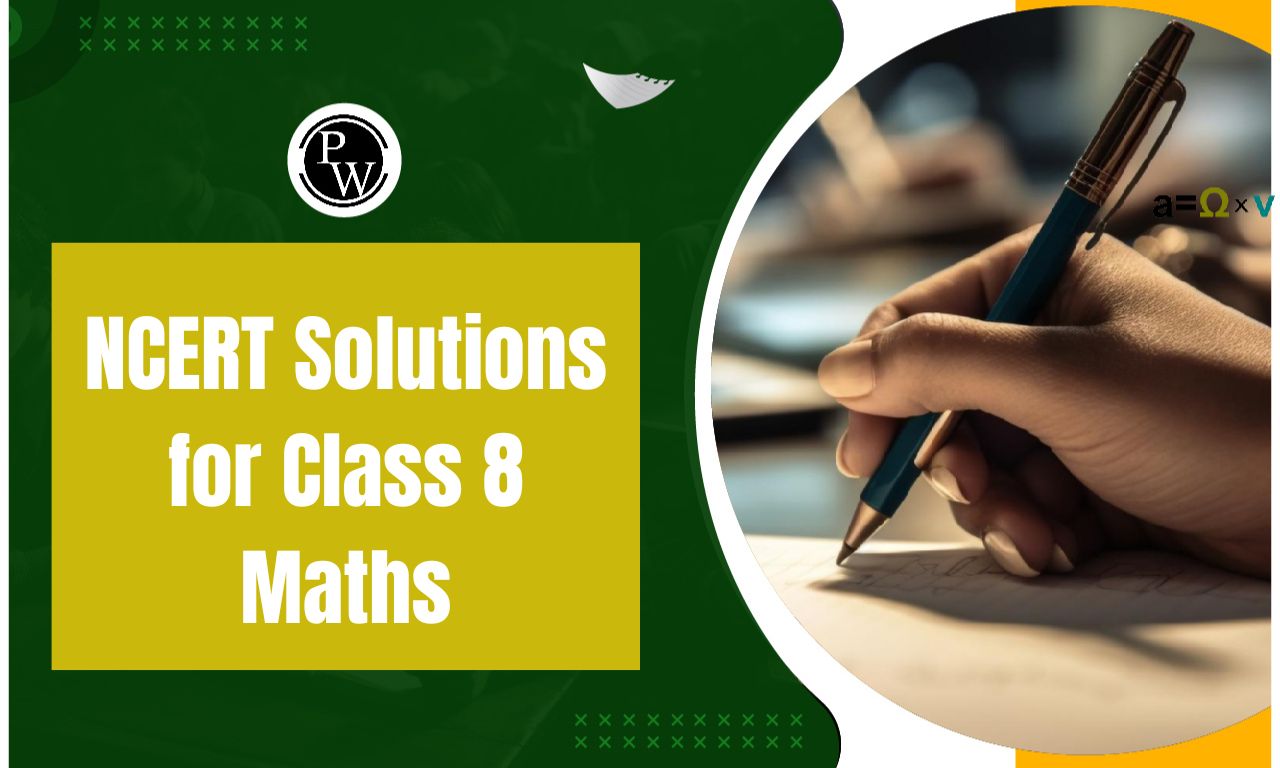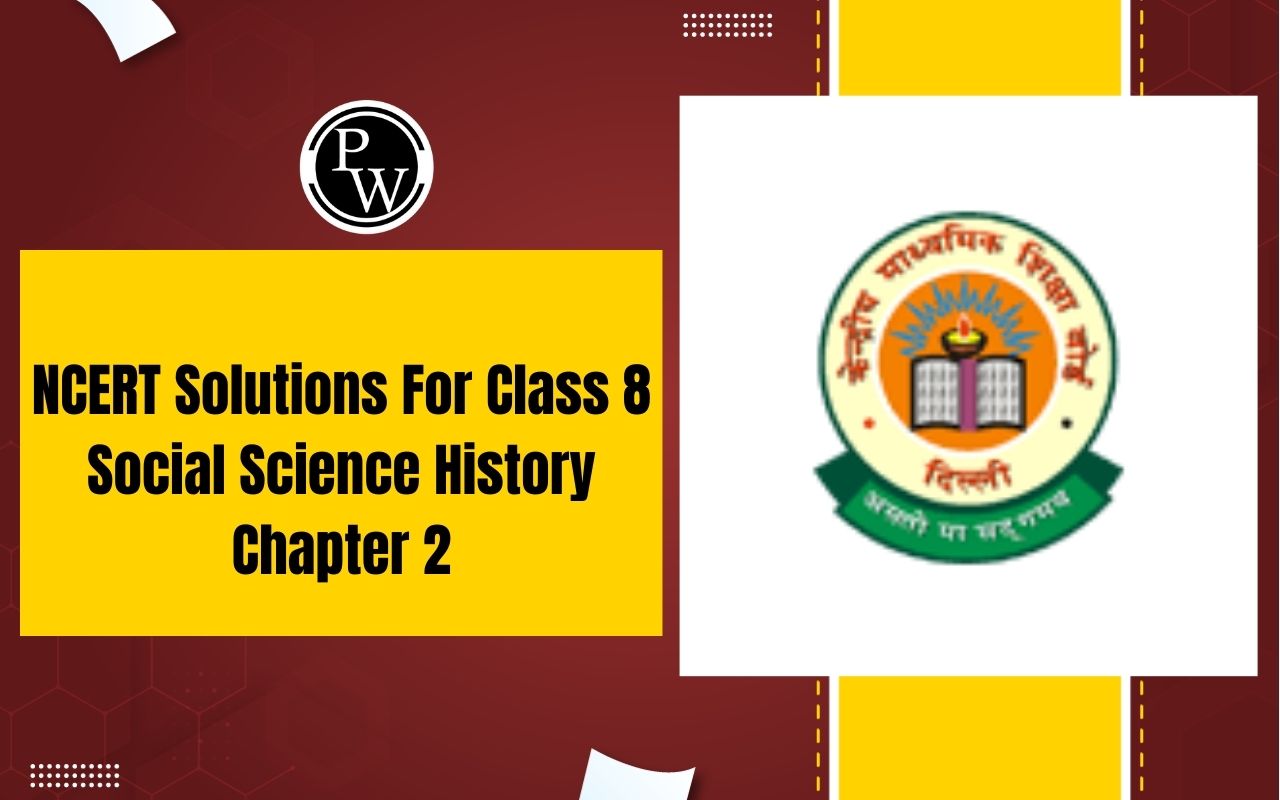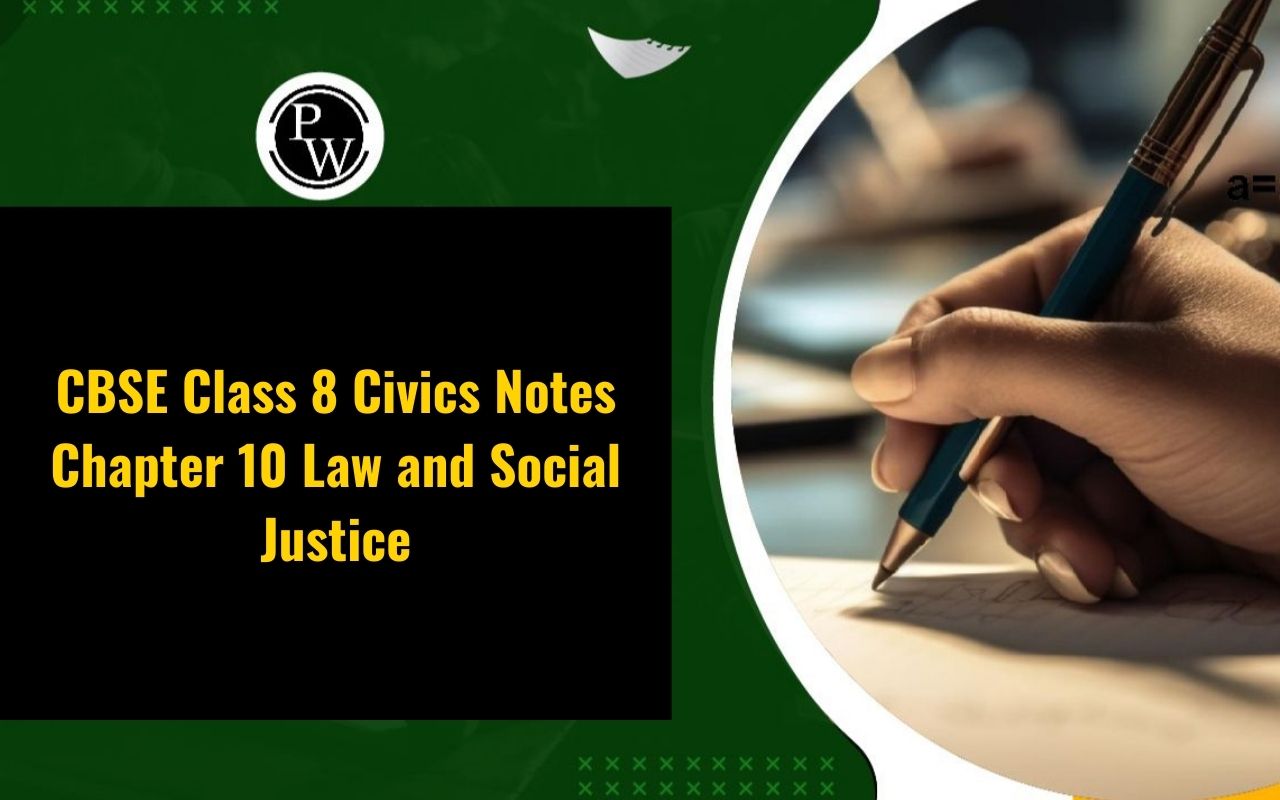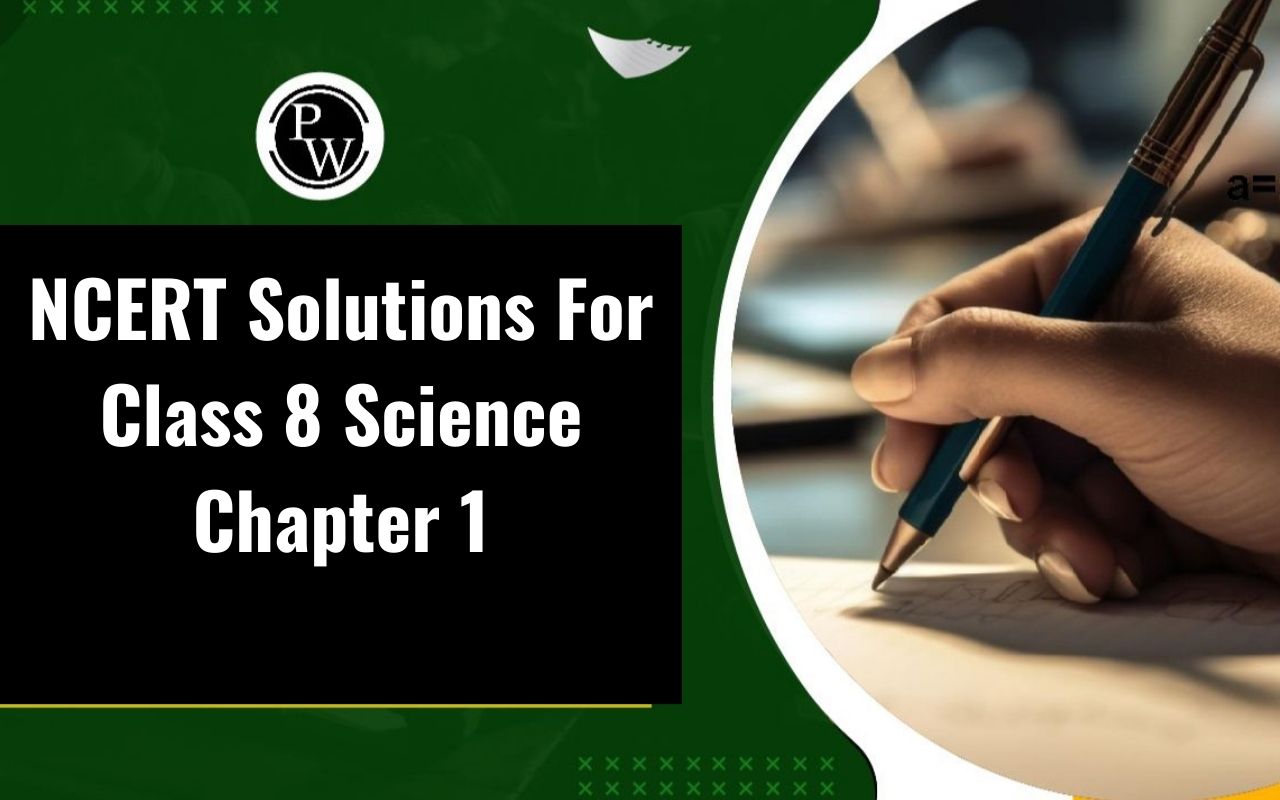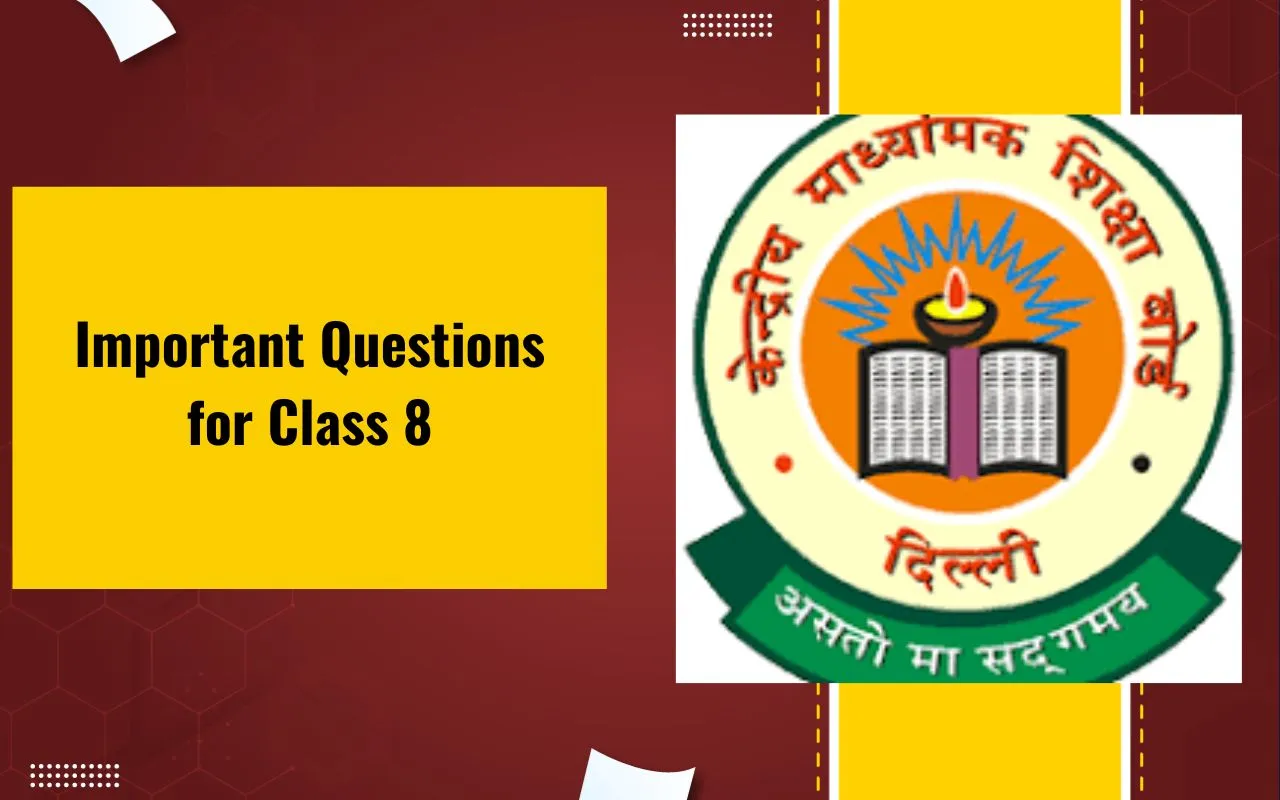
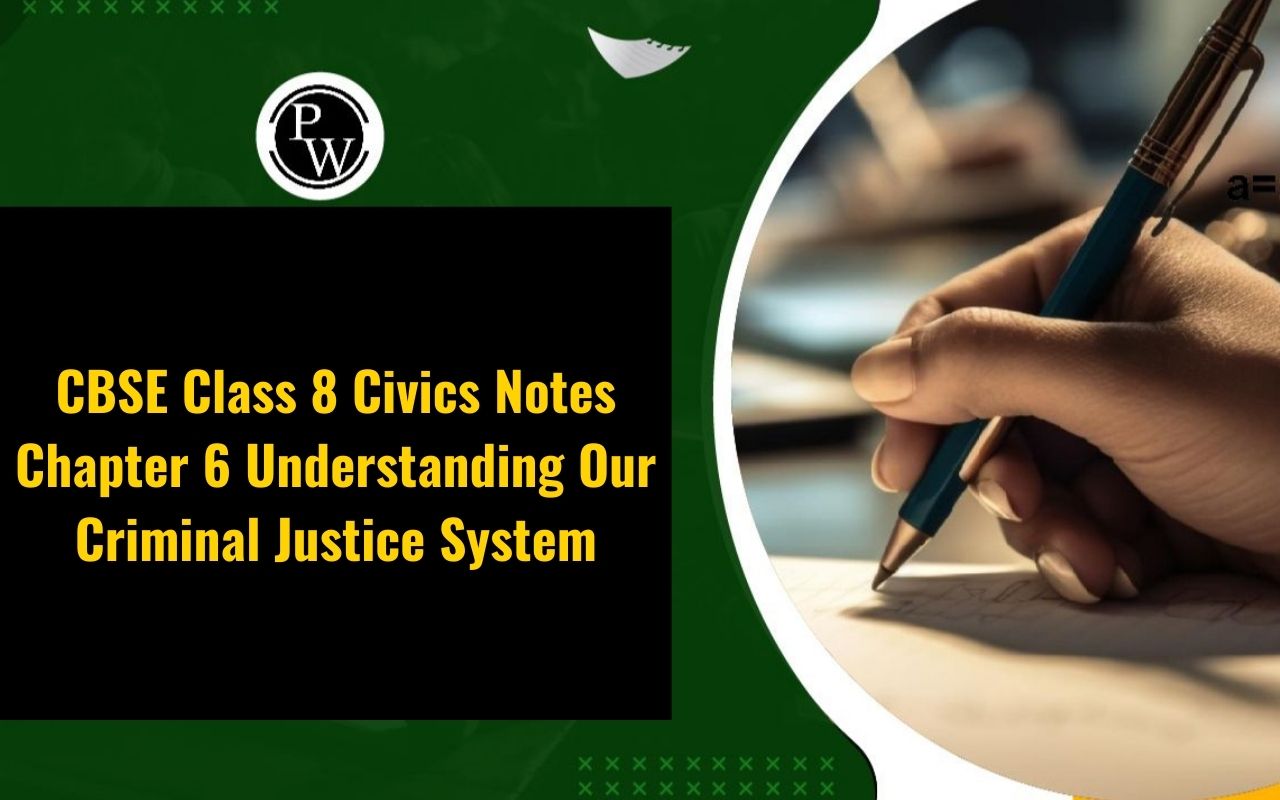
CBSE Class 8 Civics Notes Chapter 6: In CBSE Class 8 Civics Chapter 6 Understanding Our Criminal Justice System students explore critical concepts such as what it means to get a fair trial, the significance of an FIR (First Information Report) and the role of a public prosecutor. This chapter thoroughly explains the processes involved in the criminal justice system and highlights the vital roles that various individuals play within it.
It emphasizes that after an arrest it is the court that determines the guilt or innocence of the accused, ensuring that every individual charged with a crime receives a fair trial, as guaranteed by the Constitution. For a detailed revision students can refer to the detailed notes provided in this chapter.CBSE Class 8 Civics Notes Chapter 6 Understanding Our Criminal Justice System Overview
These notes on CBSE Class 8 Civics Chapter 6 Understanding Our Criminal Justice System have been prepared by subject experts of Physics Wallah. The overview provides a clear and concise explanation of the criminal justice process including the roles of key individuals such as the police, public prosecutor and judiciary. It highlights the importance of a fair trial, the significance of an FIR, and the constitutional rights of the accused. These notes are designed to help students grasp the essential concepts and processes within the criminal justice system ensuring a thorough understanding of the chapter.CBSE Class 8 Civics Notes Chapter 6 PDF
You can access the detailed notes for CBSE Class 8 Civics Chapter 6 Understanding Our Criminal Justice System through the PDF link provided below. These notes provide a detailed explanation of the chapter covering important aspects of the criminal justice process and the roles of various individuals involved.CBSE Class 8 Civics Notes Chapter 6 PDF
CBSE Class 8 Civics Notes Chapter 6 Understanding Our Criminal Justice System
Below we have provided CBSE Class 8 Civics Notes Chapter 6 Understanding Our Criminal Justice System-Understanding Our Criminal Justice System
"Understanding Our Criminal Justice System" highlights the fundamental rights guaranteed by the Indian Constitution, particularly under Article 22, which ensures that every person has the right to be defended by a lawyer. Article 39A mandates the State to provide legal assistance to any citizen who cannot afford a lawyer due to poverty or other disabilities. The criminal justice system relies on the coordination of four key players: the police, the Public Prosecutor, the defence lawyer, and the judge, each playing a crucial role in ensuring justice is served.Role of the Police in Investigating a Crime
The police play a crucial role in investigating crimes. Their primary responsibility is to examine any complaint regarding the commission of a crime. This investigation process involves recording witness statements and gathering various types of evidence. Based on the collected evidence, the police are required to form an opinion. If the evidence suggests that the accused person is guilty, the police file a charge sheet in court. However, it is not within the police's authority to determine guilt or innocence; that decision is made by the judge. Importantly, the rule of law ensures that everyone, including the police, is subject to the laws of the country. Police investigations must be conducted in strict accordance with the law and with respect for human rights. The Supreme Court has established guidelines that the police must follow during arrest, detention, and interrogation. The police are prohibited from torturing, beating, or shooting anyone during an investigation and cannot administer any form of punishment, even for minor offences.Article 22 of the Constitution
Article 22 of the Constitution along with criminal law ensures several Fundamental Rights for every person who is arrested:The Right to Information : Every arrested person has the right to be informed of the specific offence for which they are being arrested at the time of arrest.
The Right to Timely Judicial Oversight : The arrested individual must be presented before a magistrate within 24 hours of their arrest.
The Right to Protection from Ill-Treatment : No person should be ill-treated or tortured during their arrest or while in custody.
The Right Against Self-Incrimination : Confessions made while in police custody cannot be used as evidence against the accused in court.
Special Protections for Vulnerable Groups : Boys under the age of 15 and women cannot be called to the police station solely for questioning.
D.K. Basu Guidelines
The Supreme Court of India established the D.K. Basu Guidelines to ensure the proper conduct of police and other agencies during the arrest, detention and interrogation of individuals. These guidelines include:Identification of Police Officers : Police officers involved in an arrest or interrogation must wear clear, accurate, and visible identification, including name tags with their designations.
Memo of Arrest : At the time of arrest, a memo should be prepared, detailing the time and date of the arrest. This memo should be attested by at least one witness, who could be a family member of the arrested person, and must be countersigned by the arrested individual.
Right to Inform : The person who is arrested, detained, or being interrogated has the right to inform a relative, friend, or well-wisher about their situation.
Notification for Distant Relatives : If a relative or friend lives outside the district, the police must notify them of the time, place of arrest, and location of custody within 8 to 12 hours after the arrest.
Role of the Public Prosecutor
The Public Prosecutor plays a crucial role in the criminal justice system by representing the state in court. Their role begins once the police have completed their investigation and filed a charge sheet. The Public Prosecutor's duty is to conduct the prosecution on behalf of the state, acting impartially and ensuring that justice is served. As an officer of the court, they must present evidence and arguments in a fair and objective manner, enabling the judge to make an informed decision.Role of the Judge
The Judge's role in the judicial process is similar to that of an umpire in a game, ensuring that the trial is conducted impartially and fairly. The Judge listens to all the witnesses and considers all evidence presented by both the prosecution and the defence. Based on the evidence and in accordance with the law, the Judge determines whether the accused is guilty or innocent. If the accused is found guilty, the Judge decides the appropriate punishment, which could include imprisonment, a fine, or both, depending on the legal provisions.What is a Fair Trial?
A fair trial is a fundamental right guaranteed by Article 21 of the Constitution, which protects the Right to Life and liberty, ensuring that no one is deprived of these without following a reasonable and just legal procedure. For a trial to be considered fair, several procedures must be observed: it should be held in an open court, in public view, and in the presence of the accused, who must be defended by a lawyer. The defence lawyer must have the opportunity to cross-examine prosecution witnesses and present evidence in the accused’s defence. The Judge must remain impartial and assume the accused is innocent until proven guilty beyond a reasonable doubt. The decision must be based solely on the evidence presented during the trial. Fair trials ensure that justice is accessible to all citizens, regardless of their background, and uphold the principle that every person is equal before the law.Benefits of CBSE Class 8 Civics Notes Chapter 6 Understanding Our Criminal Justice System
- Clear Understanding of Legal Processes : The notes provide a detailed overview of the criminal justice system including the roles and responsibilities of key players such as the police, public prosecutor, and judge. This helps students grasp how criminal cases are processed and adjudicated.
- Insight into Fair Trial Procedures : Students learn about the fundamental rights guaranteed during a trial, including the right to a fair trial as outlined in the Constitution. This ensures they understand the legal protections available to individuals facing criminal charges.
- Knowledge of Legal Rights : The notes explain the rights of arrested individuals, such as the right to be informed of the charges and to be represented by a lawyer, enhancing students awareness of legal rights and protections.
- Understanding the Role of Key Figures : The notes detail the functions of various individuals within the criminal justice system, such as the police, public prosecutor, and judge. This helps students appreciate the different roles and how they contribute to the justice process.
- Awareness of the FIR Process : Students learn about the importance of the First Information Report (FIR), including its role in initiating investigations and documenting complaints, which is important for understanding the initial stages of criminal proceedings.
- Application of Constitutional Rights : The chapter explains how constitutional provisions like Article 22 and Article 39A ensure justice and protect the rights of individuals, helping students connect theoretical knowledge with practical applications in the legal system.
- Preparation for Exams : The structured notes help in efficient revision and preparation for exams by summarizing key concepts and legal principles, making it easier for students to review and recall important information.
CBSE Class 8 Civics Notes Chapter 6 FAQs
What is the role of the police in investigating a crime?
What is an FIR?
What are the D.K. Basu Guidelines?
What does Article 22 of the Constitution guarantee?
What is the role of the Public Prosecutor?

